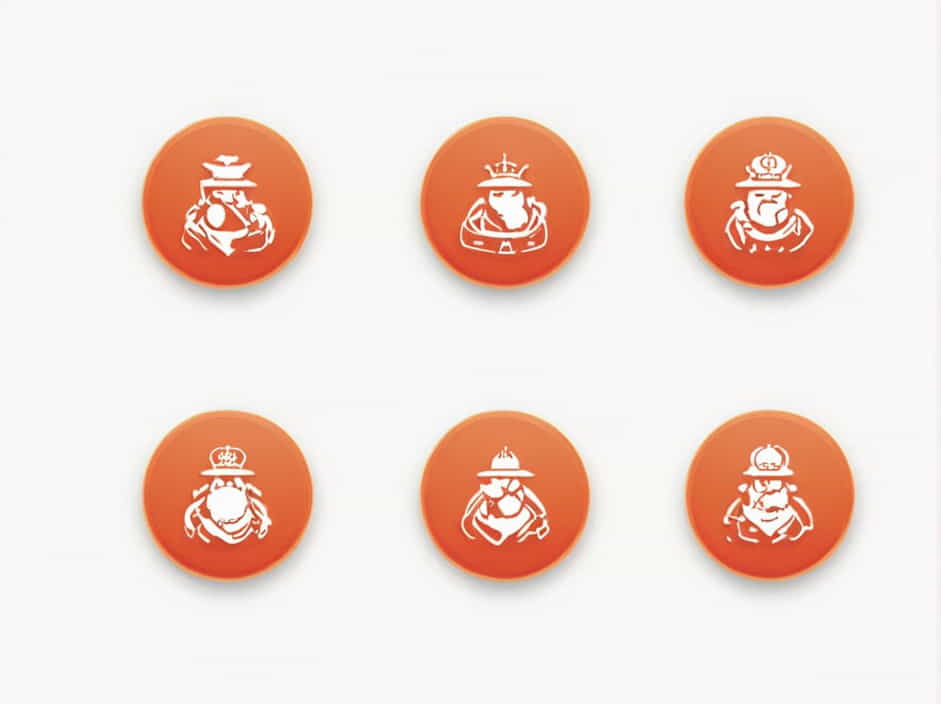The United States Marine Corps (USMC) is built on a foundation of honor, courage, and commitment. These core values shape every Marine, guiding their actions on and off the battlefield. However, values are not simply learned in training-they are influenced and reinforced through leadership.
A Marine’s character is molded by their leaders, who set the standard for discipline, integrity, and resilience. In this topic, we will explore how leadership shapes the values of Marines, the qualities of effective Marine leaders, and the long-term impact of strong leadership on the Corps.
The Role of Leadership in Shaping Marine Values
Values are not just taught-they are demonstrated through action. Leadership plays a critical role in shaping the values of Marines by:
-
Setting the example for ethical behavior.
-
Enforcing discipline and maintaining standards.
-
Inspiring loyalty and commitment to the mission.
-
Developing resilience in the face of adversity.
When Marines see their leaders upholding core values, they internalize these principles and carry them forward in their own actions.
Core Marine Corps Values and Leadership Influence
1. Honor: The Foundation of Integrity
Honor is the commitment to ethical behavior, honesty, and accountability. Marines are expected to act with integrity, even when no one is watching.
How Leadership Reinforces Honor:
-
Leaders hold Marines accountable for their actions.
-
They demonstrate honesty in decision-making.
-
They encourage self-discipline and responsibility.

2. Courage: Facing Challenges Without Fear
Courage is not just about combat-it includes moral courage, the ability to do what is right despite pressure or adversity.
How Leadership Reinforces Courage:
-
Leaders encourage Marines to stand up for their beliefs.
-
They push Marines beyond their limits in training.
-
They instill confidence through experience and mentorship.

3. Commitment: Dedication to Mission and Team
Commitment means unwavering dedication to duty, the Corps, and fellow Marines. It is the driving force behind teamwork and mission success.
How Leadership Reinforces Commitment:
-
Leaders prioritize the team over personal gain.
-
They ensure every Marine understands their role in the mission.
-
They motivate Marines to push forward despite hardships.

How Leaders Influence Marines at Different Levels
Marine leaders shape values at every rank, from junior officers to senior commanders. Each level of leadership plays a unique role in reinforcing core values.
1. Non-Commissioned Officers (NCOs): The Backbone of the Corps
NCOs (Corporals and Sergeants) have the most direct influence on young Marines. They are responsible for daily discipline, training, and mentorship.
Leadership Influence at This Level:
-
Teaching attention to detail in every task.
-
Instilling pride and responsibility in junior Marines.
-
Correcting mistakes without destroying morale.

2. Staff NCOs and Senior Leaders: The Enforcers of Standards
Staff Sergeants and higher ranks maintain unit cohesion and ensure standards are upheld. They guide both junior Marines and new officers.
Leadership Influence at This Level:
-
Holding all Marines to the same high standard.
-
Enforcing discipline with fairness and consistency.
-
Preparing Marines for higher leadership responsibilities.

3. Officers: Strategic Leadership and Vision
Officers lead through strategy and decision-making, setting the overall tone for the unit’s culture and values.
Leadership Influence at This Level:
-
Making decisions based on ethical principles.
-
Creating an environment of trust and accountability.
-
Inspiring Marines with clear goals and a strong vision.

Challenges in Upholding Marine Values Through Leadership
Even the best leaders face obstacles when shaping values. Some challenges include:
1. Combat Stress and Moral Dilemmas
In high-pressure environments, it can be difficult to maintain ethical behavior. Leaders must help Marines navigate moral challenges without compromising values.

2. Adapting to Changing Generations
New generations of Marines may have different expectations and attitudes. Leaders must adapt without lowering standards.

3. Dealing with Weak Leadership Examples
If a Marine sees a superior failing to uphold values, they may lose faith in leadership.

The Lasting Impact of Strong Leadership on Marine Values
The influence of Marine leadership extends beyond active service. Many veterans carry Marine Corps values into civilian life, applying them in careers, leadership roles, and personal interactions.

-
Honor: Veterans become ethical professionals in law enforcement, politics, and business.
-
Courage: Marines transition into roles where they lead with confidence and integrity.
-
Commitment: Former Marines continue to serve communities, families, and organizations with the same dedication.
Once a Marine, always a Marine. The values instilled through strong leadership create a lifelong legacy of integrity and service.
Leadership as the Key to Marine Corps Values
The statement "Values Are Mostly Influenced Through Leading Marines" is undeniably true. Leadership is the greatest force in shaping the honor, courage, and commitment that define the Marine Corps.
By leading with integrity, strength, and accountability, Marine leaders ensure that values are not just words-they become a way of life for every Marine.
